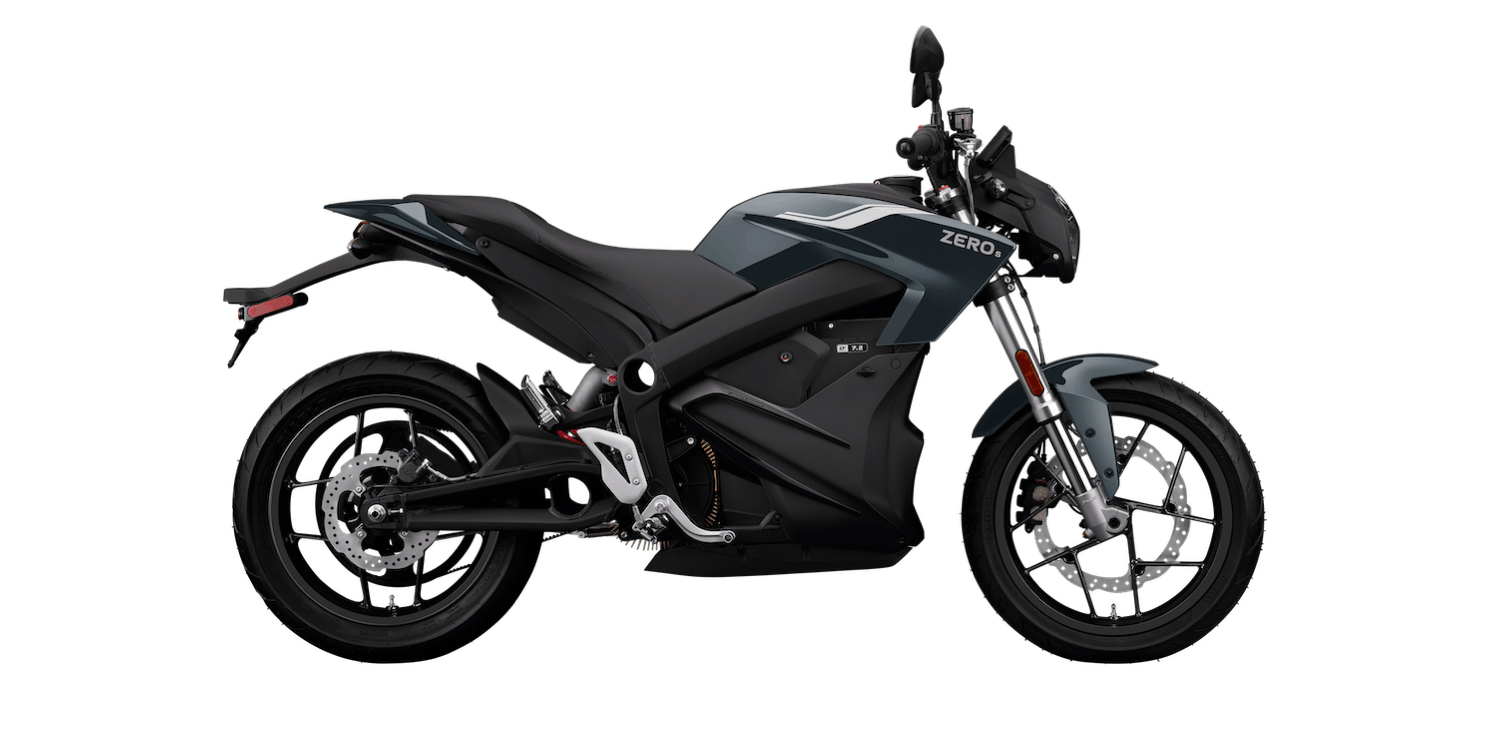Just under a year ago, industry professionals and consumers were hopeful to hear that incentives to buy electric motorcycles would be offered under the Build Back Better Act, passed by the U.S. House of Representatives in November. The incentive would offer substantial savings in purchasing electric motorcycle products as the federal government poises to replace combustible engines with the electrification of two- and four-wheeled vehicles.
But this month, those hopes were dashed as motorcycles were completely left out of the Inflation Reduction Act, effectively removing the now-expired electric motorcycle tax credit system in its entirety in a swift departure from the Build Back Better Act. Had electric motorcycle incentives passed as planned, consumers would have been able to apply for as much as a 30 percent credit (capped at $7,500). The Act had included motorcycles and electric bikes, electric cars, and EV batteries, making electric modes of transportation more affordable for motorcycles meeting a criteria of 2.5 kWh of battery and capable of traveling at speeds of at least 45 mph.
“Despite efforts by government relation teams across powersports, the EMC tax credit did not make it into the Inflation Reduction Act,” said Jacqueline Peterson, vice-president of communication for the Motorcycle Industry Council. “The MIC GRO is continuing to work with the tax committees to explore other options, potentially including an end-of-year tax extenders bill.”
Peterson said the MIC’s Government Relations Office will explore other legislative vehicles so that electric motorcycle consumers benefit from credits as do electric car and bike consumers. “No, it’s not in the act which passed, but that’s not for a lack of tying on the Motorcycle Industry Council’s part,” she said. “They worked really hard on getting it included.”
Critics of the bill say legislators don’t regard motorcycles as viable transportation, but Peterson said she doesn’t think that’s the issue. “I think there’s a lot that can happen in the bill-making process,” she said.
Rick Alcon, who serves as chair of the Dealership Advisory Council for the MIC, said earlier this month that, although primarily currently in the youth sector, manufacturers have made a commitment across product lines to manufacture electric powersports products by 2025. It’s too soon to tell how or if the most recent legislation will affect dealerships, he said. Alcon also serves as CEO for R&S Powersports of Albuquerque, New Mexico, which includes three powersports dealerships.
“It’s an issue for dealerships, but it’s more unnerving for manufacturers,” he said. “I have no clue how it’s going to affect us. We’re not in that game yet.”
Our No Compromise Clause: We carefully screen all contributors to ensure they are independent and impartial. We never have and never will accept advertorial, and we do not allow advertising to influence our product or destination reviews.


